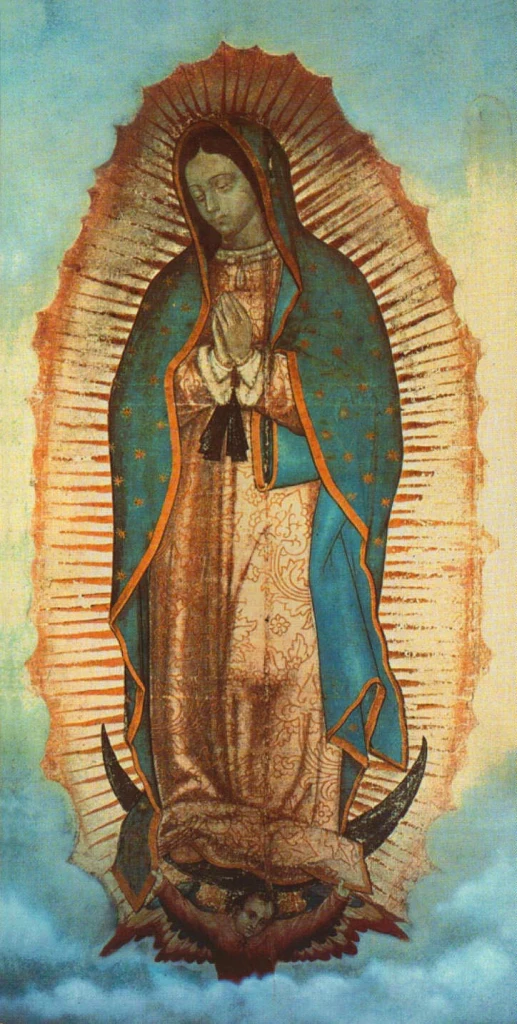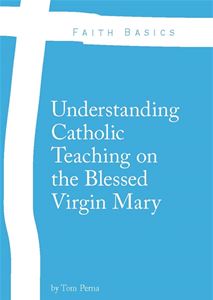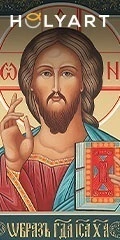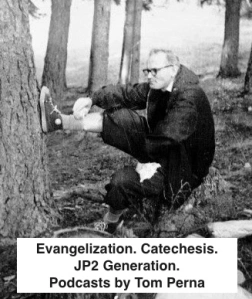Not only do we commemorate Saint Basil the Great today, but we also commemorate his friend, Saint Gregory Nazianzen. He, like St. Basil, was a great fighter for the Christian faith in the fourth century. He was known for his eloquent oratory skills and his mastery of theology, which acquired him a certain nickname. He was a gentle and sensitive soul.
Saint Gregory Nazianzen was born in 330 A.D. to a noble family. At birth, his mother consecrated him to God. He was first educated at home by his family, but eventually was sent to Caesarea, where he first met Basil. He also studied in Alexandria, Egypt, and Athens. The friendship between him and Basil would last a lifetime sharing many of the same struggles with those opposing the Church. They both loved serving the Church and the souls within it.
As he returned home, St. Gregory was baptized. He felt a great calling in his heart to live the monastic life. This life, which consisted of prayer and studying philosophy, seemed to be the ideal fit for this gentle soul. Even though this life was attractive to him, he knew that he would be ordained a priest. He was nervous to be ordained a priest because he knew someday he would be elevated to the episcopacy and made Bishop. The life of meditation and prayer would no longer be his life. Knowing the importance that God played in his life, with obedience, he accepted his vocation and all that came with it. At one point, St. Basil sought to make him Bishop of Sasima, but problems arose and he never took control of the diocese.
By the year 379 A.D., there were two contentions within the Church. Those who were faithful to the Council of Nicaea in 325 A.D. and those who declared themselves to be of Arianism (Jesus was not the same substance of God the Father; they believed Jesus to be a demi-god. He was lower than God, but higher than man, i.e. Hercules). St. Gregory was sent to Constantinople to head the minority faithful to Nicaea.
With hostilities all around him, St. Gregory delivered five Theological Orations to defend and protect the Trinitarian faith and so others could understand it. Once he declared these discourses, his reputation grew rapidly as one who has great reason and soundness to his doctrine. He spoke with the eloquence of the divine. After giving these five orations, he was given the nickname, “The Theologian.” The nickname derived because of his great holiness and prayer life that clearly came through when he spoke. One could see that his words were not merely human words, but came derived from the glory of God.
Along with St. Basil, St. Gregory attended the Council of Constantinople and was then made Bishop of the same city. He was charged with leading the council, but found out quickly how many people opposed him and his leadership. This was a quite a feat for man that was as gentle as Gregory. Although he tried to endure the sufferings, in the end, he resigned and returned to Nazianzus.
Upon his return home and for two years, he embraced the Christian community and pastorally cared for the flock. He taught that the human person lies in solidarity with the other. We are all one in the Lord Jesus Christ. Furthermore, Gregory tells us that men must be imitators of God’s goodness and love. Prayer must play an essential role in our relationship with God. Prayer is as important as breathing.
After serving the community, he returned to the ascetic life of a monastic where he studied, wrote his autobiography, De Vita Sua, and wrote most of his poetry, which amounts to about 18,000 verses.
In the year 389 A.D., after a very fruitful life that consisted of deep prayer, love for the solitude and monastic life, and an immense portfolio of theological and poetic writings, Saint Gregory Nazianzen entered Heavenly glory. He, along with St. Basil, is considered two of the best Early Church Fathers and Early Doctors of the Church.
Sources:
Pope Benedict XVI. Church Fathers – From Clement of Rome to Augustine. Ignatius Press, 2008.
Walsh, Michael. Butler’s Lives of the Saints. HarperSanFrancisco, 1991.
Categories: Eastern Catholicism, Saints & Angels









